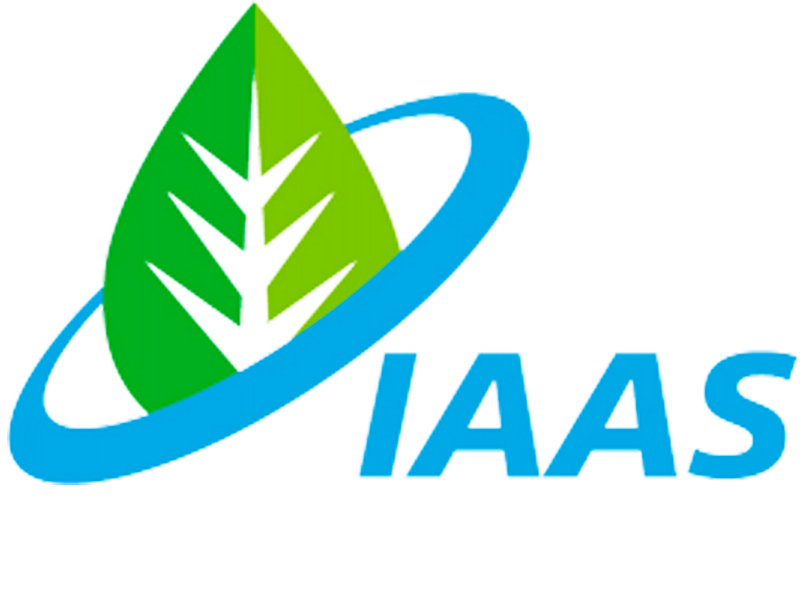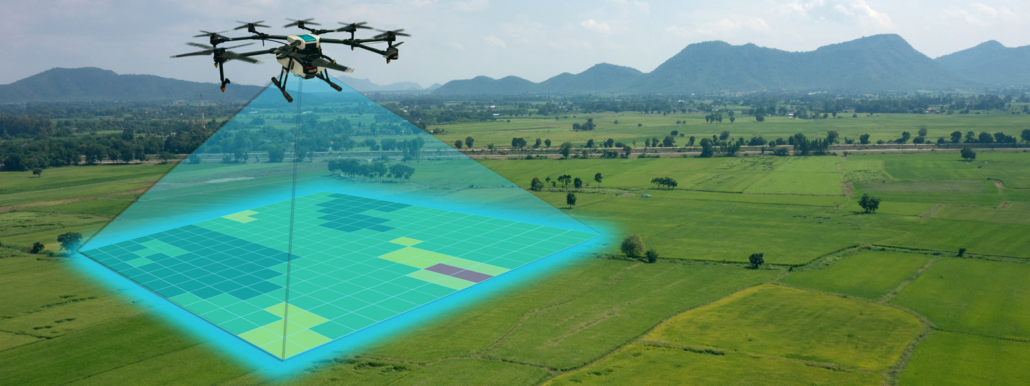Innovative Satellite Technology Revolutionizes Agriculture in Developing Nations
By: IAAS Secretariat
According to a UNCTAD article published on April 28, 2023, increasingly frequent destructive weather events are threatening global food security. In 2022, Nigeria suffered heavy rains and floods, leading to a 12% drop in maize and a 21% decrease in rice production. Mauritius, reliant on 75% food imports, seeks to boost local agriculture.
Nigeria, with a 200 million-plus population, is embracing technology to bolster its agriculture. Satellite-based crop monitoring is a game-changer. Nigeria actively engages in the CropWatch innovation program, launched in 2021 by UNCTAD, the Chinese Academy of Sciences, and the Alliance of International Science Organizations.
CropWatch trains Nigerian experts to adapt the platform to local needs. Using satellite data, it tracks crop growth, biomass, temperature, and precipitation, improving farm management. While such tech holds promise, it’s costly for developing nations. Yet, with training, pilot countries can implement CropWatch without hefty long-term investments.
Currently, CropWatch enhances agriculture monitoring in 14 Asian and African countries, supporting the “zero hunger” goal. South-South cooperation in science, tech, and innovation is crucial for countries with shared development challenges.
Mauritius utilizes CropWatch to assess food import needs after disasters, enhancing food security. Policymakers, scientists, and experts from participating nations are exploring satellite tech’s transformative role in agriculture.
> Source: CLICK HERE




